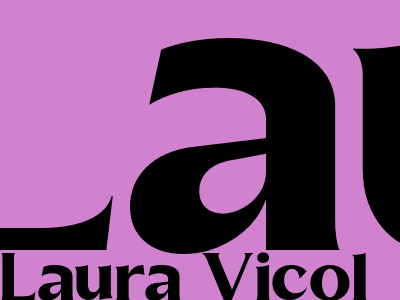SEO for Bloggers: The Ultimate Guide to Ranking Your Blog Posts
Table of Contents
Introduction
In today's digital landscape, having a blog is essential for businesses and individuals alike. However, simply creating a blog is not enough; you need to optimize it for search engines to reach a wider audience and achieve your business goals.
Search engine optimization (SEO) is the process of improving the visibility and ranking of your blog in search engine results pages (SERPs). By implementing effective SEO strategies, you can increase organic traffic to your blog, generate leads, and drive sales.
Keyword Research
Keyword research is the foundation of any successful SEO campaign. It involves identifying the keywords and phrases that your target audience is searching for.
To conduct keyword research, you can use tools like Google Keyword Planner or Ahrefs Keyword Explorer. These tools will provide you with data on search volume, competition, and related keywords.
Once you have identified a list of relevant keywords, incorporate them into your blog content, titles, and meta descriptions to improve your rankings for those terms.
On-Page SEO
On-page SEO refers to the optimization of individual blog posts and pages on your website.
Key elements of on-page SEO include:
- Title tags: Write clear and concise title tags that include your target keyword.
- Meta descriptions: Write meta descriptions that accurately describe the content of your post and include a call to action.
- Header tags: Use header tags (H1, H2, H3, etc.) to structure your content and make it easy to read.
- Content: Create high-quality, informative content that is relevant to your target audience and includes your target keyword.
- Internal linking: Link to other relevant pages on your website to improve navigation and help search engines understand the structure of your site.
Off-Page SEO
Off-page SEO refers to the optimization of factors outside of your website that can influence your rankings.
Key elements of off-page SEO include:
- Backlinks: Acquire backlinks from high-quality websites to improve your authority and credibility.
- Social media engagement: Promote your blog posts on social media to generate buzz and earn backlinks.
- Guest posting: Write guest posts for other blogs in your niche to reach a wider audience and earn backlinks.
- Brand mentions: Encourage mentions of your brand on social media and other online platforms to increase visibility.
Technical SEO
Technical SEO involves optimizing the technical aspects of your website to make it easier for search engines to crawl and index.
Key elements of technical SEO include:
- Site speed: Ensure that your website loads quickly on all devices to improve user experience and rankings.
- Mobile responsiveness: Make sure your website is mobile-friendly to accommodate the growing number of mobile users.
- XML sitemap: Create an XML sitemap to guide search engines through your website's structure.
- Canonical tags: Use canonical tags to prevent duplicate content issues and ensure that the correct version of your pages is indexed.
Conclusion
By following the strategies outlined in this guide, you can optimize your blog for search engines and improve your chances of ranking highly in SERPs.
Remember, SEO is an ongoing process, and it takes time and effort to see results. However, by consistently implementing these best practices, you can increase your visibility, attract more organic traffic, and achieve your business goals through your blog.

Comments